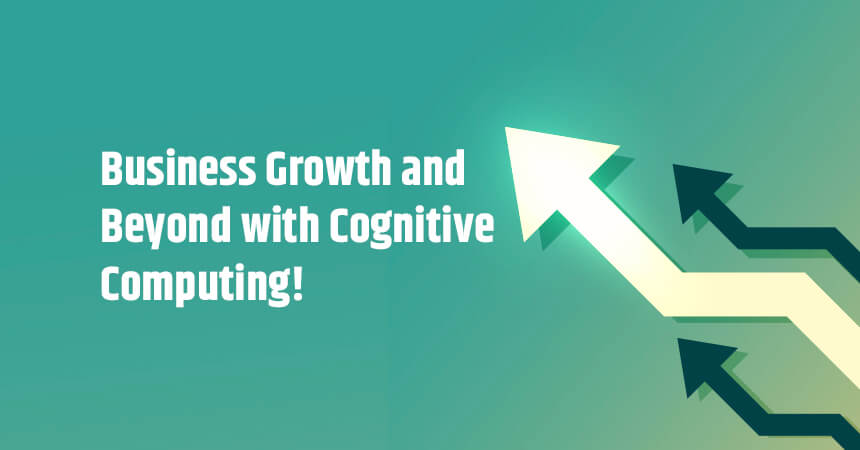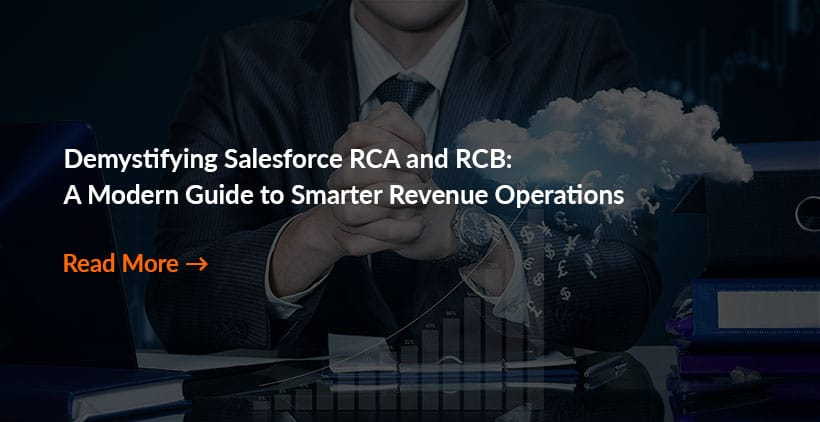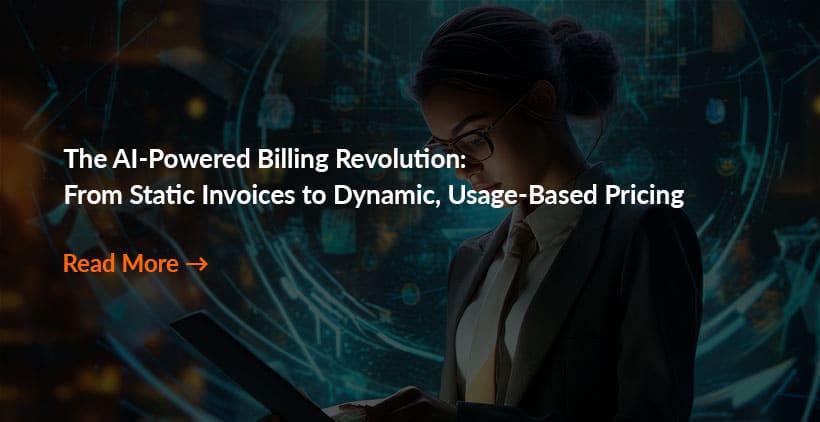Introduction
More than half of the organizations that had secured a spot in the Fortune 500 have gone insolvent today. New businesses have rapidly taken their place at the list.
With Cloud computing aiding exceptional agility and adaptability, these new companies seem to be in the correct place at the right time.
Companies that still follow traditional business models struggle because they don’t have the proper IT infrastructure to manage data.
It varies from conventional data analytics, owing to its fast, interactive, and contextual properties.
Cognitive technology can intuitively change in reply to real-time data and help you make more precise decisions. The interfaces used for Cognitive are compelling on intractability, letting users get accurate insights and various predictive scenarios available.
The biggest USP of Cognitive computing is its ability to contextualize information. It equips uses with in-the-moment data, which helps in making decisions that are consistent and useful.
It is precisely why Cognitive Computing has become mainstream today.

It has the benefit of:
- The vast computing power of today’s computers.
- The Massive storage capacity (Cloud)
- Smooth and seamless access to data digital
So, what is Cognitive Cloud Computing?
Cognitive Cloud Computing has taken the ability of Artificial Intelligence to companies across the globe to aid better decisions at a lightning-fast pace. It is readily available and easy-to-implement.
The primary objective of cognitive computing is to imitate the human thinking process in a computerized model. It is a blend of cognitive science and computer science. It gives a practical roadmap to deliver artificial intelligence.
Cognitive computing refers to self-learning systems that employ machine learning models to imitate the way brain works. Eventually, it will promote the making of automated IT models that are intelligent enough to solve problems without human support.
Cognitive computing is exceptionally resource-intensive, demanding robust servers and deep technical skillsets, frequently leading to a high degree of technical debt.
However, the Cloud enables developers to build Cognitive models and test solutions without requiring physical infrastructure.
Benefits of Cognitive Cloud Computing

Reliable Data Analysis
Cognitive Cloud computing systems are most active at collecting information, verifying, and cross-referencing to analyze a condition effectively.
The data-based treatment recommends it. Instead of substituting humans, cognitive cloud computing utilizes robotic process automation to expedite data analysis.

Streamlined Business Processes
Cognitive cloud computing can interpret emerging models, recognize business opportunities, and manage complicated process-centric issues in real-time.
By analyzing vast amounts of data, cognitive cloud computing systems simplify processes, decrease risk, and pivot to varying situations.
It equips businesses to develop the right answer to uncontrollable factors. At the same time, it aids in creating transparent business processes.

Enhanced Customer Experience
Cognitive cloud computing technology can improve customer interactions by executing robotic process automation. Robots can execute contextual data to clients without requiring to communicate with other staff.
Cognitive cloud computing makes it possible to provide relevant and vital information to customers. It also enhances the customer experience so that customers are content and more engaged with the business.

Increase Productivity
Since Cognitive Cloud Computing makes it possible for computers to obtain resolutions from the data it has acquired, solving daily issues is easily achievable.
It also makes daily mundane work like updating financial data, medical data, and client records, automated, so employees do not have to repeat it regularly. It helps companies in saving a lot of time and resources.

Improved Employee Skills
Cognitive technologies enable employees to benefit from self-learning algorithms that help them do their jobs competently and quickly. HR teams can leverage cognitive technology to aid with building their talent pipelines and improve outcomes related to onboarding, training, and development.
Cognitive computing signifies endless opportunities for employees to expand skills, better contributions, and improve overall engagement.
Final Thoughts!
Cognitive Cloud Computing touches every field of life. Cognitive technology will not replace humans from their workplace because it doesn’t do the job; it presents a better solution to a problem.
Just beyond data collection and calculation, though, exists the issue of the bottom line. The process of gaining competitive advantage and growing sales, revenue, and profits is no small feat.
Companies must turn by sharpening their technical understanding and raising their performance within the marketplace.
Companies that connect strategic planning and the use of these smart technologies proactively develop long-term performance.
Including capacity maturity models and analyzing complex data, enables them to be disrupt-ready.




